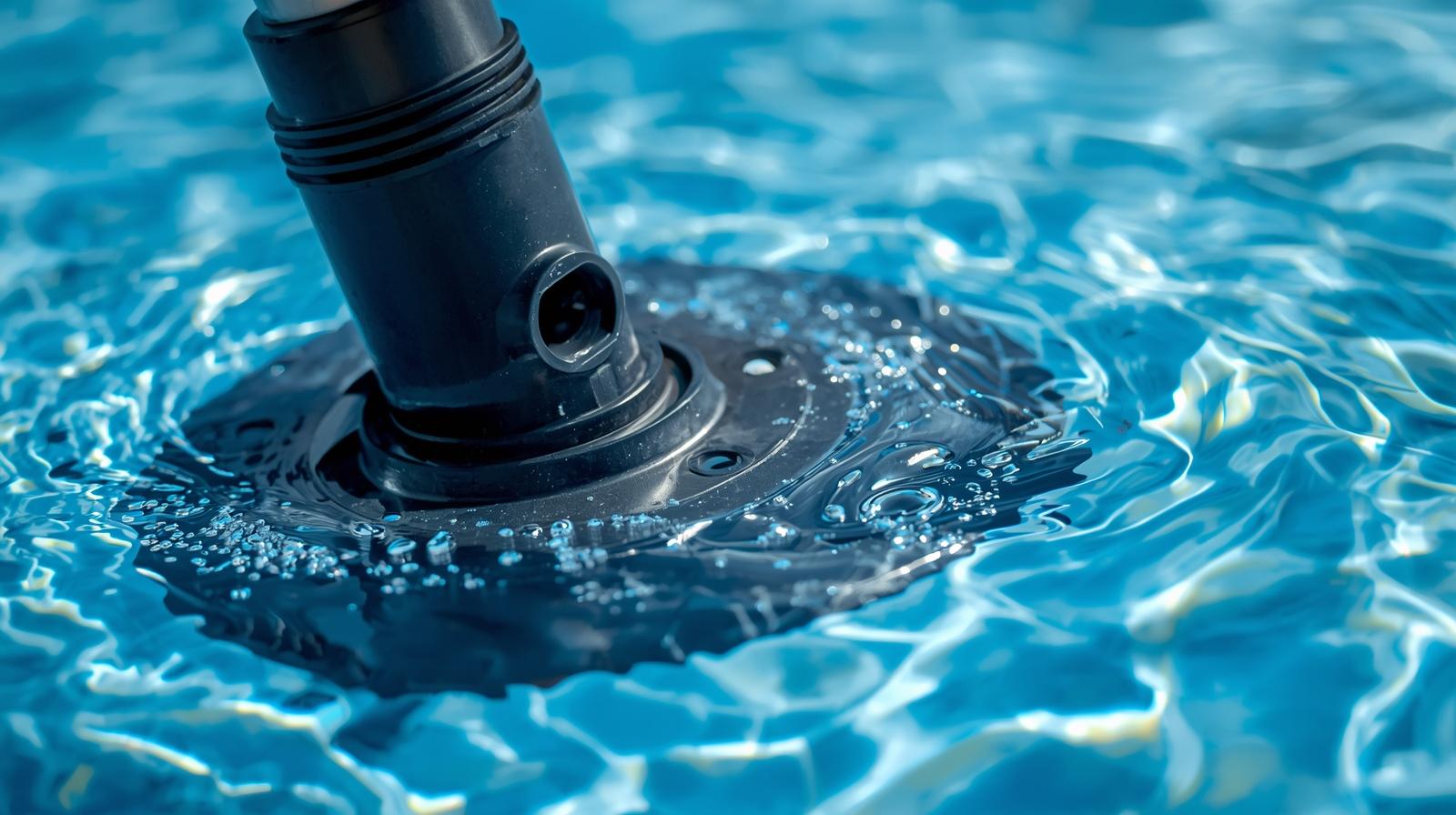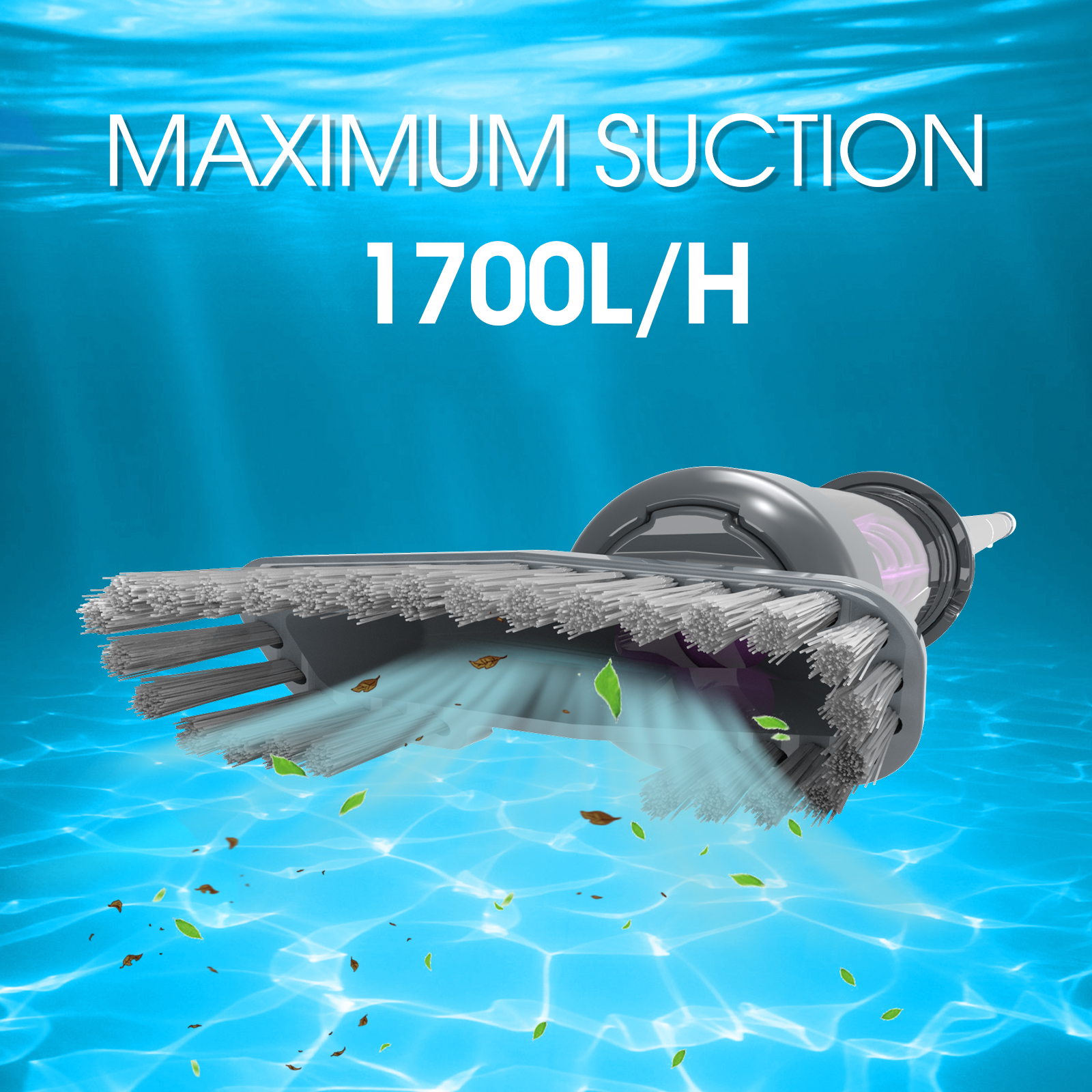
How Smart Filtration Systems Slash Water and Chemical Expenses in Public Pools
Hidden Costs of Conventional Pool Maintenance
Public pools operate under intense pressure to meet hygiene standards. Traditional systems rely on time-based backwashing that can waste tens of thousands of liters annually, regardless of actual need. Chemical dosing is usually manual or semi-automatic, leading to imbalances—either overuse, which irritates swimmers and raises expenses, or under-treatment, which compromises hygiene.
These inefficiencies create three critical problems:
-
Financial Strain: Rising water and chemical costs erode operational budgets.
-
Environmental Impact: Wasted water increases strain on local supplies, and excess chemicals contribute to ecological stress.
-
Inconsistent User Experience: Over-chlorination can cause skin and eye irritation, while under-treatment risks bacterial growth.
As pools grow larger and regulatory frameworks tighten, it becomes clear that traditional systems cannot balance cost, compliance, and sustainability.
Inside the Technology: How Smart Filtration Works
Smart filtration systems are integrated aquatic maintenance solutions that optimize every stage of water circulation.
-
Real-Time Monitoring: Digital sensors track water clarity, pH, ORP, and chlorine levels, enabling automatic adjustments.
-
Advanced Filtration Media: Multi-layer composites or glass beads capture particles as small as 1 micron, reducing chemical demand.
-
On-Demand Backwash: Backwashing is triggered only when clogging is detected, cutting water loss by up to 50%.
-
Variable-Speed Pumping: Pumps adapt to demand, lowering energy use during off-peak hours.
-
Automation and Connectivity: Data reporting and predictive alerts reduce manual oversight and downtime.
These technologies transform commercial pool equipment from simple filters into smart resource management tools.
Traditional vs. Smart: A Practical Comparison
| Feature | Traditional Systems | Smart Filtration Systems |
|---|---|---|
| Backwashing | Frequent, time-based | Sensor-triggered, on-demand |
| Water Consumption | High, wasted in fixed cycles | 30–50% reduction annually |
| Chemical Dependency | Manual or semi-automatic dosing | Automated, precise, reduced reliance |
| Monitoring | Visual/manual checks | Continuous digital monitoring and reporting |
| Energy Efficiency | Fixed-speed, no optimization | Variable-speed, demand-driven |
| Maintenance | Reactive repairs | Predictive alerts and extended equipment lifespan |
Cutting Waste, Cutting Bills: Operational Savings at Scale
Smart systems reduce more than bills—they change how facilities manage operations.
-
Water Conservation: Controlled backwashing reduces wastage, lowering costs and supporting sustainability.
-
Chemical Efficiency: Real-time dosing cuts unnecessary use, improving swimmer comfort and compliance.
-
Energy Optimization: Variable-speed pumps reduce electricity usage by 20–30%.
-
Compliance Assurance: Automated logs streamline health inspections and reduce risks of penalties.
For most facilities, these systems deliver 20–30% annual savings across utilities, turning pool maintenance into a measurable cost-control strategy.
Where Smart Filtration Makes the Difference
-
High-Traffic Urban Pools: Manage constant demand without excessive water loss.
-
School and Training Facilities: Keep budgets predictable and reduce maintenance downtime.
-
Hotels and Resorts: Maintain guest satisfaction with consistently clear, comfortable water.
-
Outdoor Complexes: Adapt cleaning cycles to environmental debris without wasting energy.
These scenarios highlight why aquatic maintenance solutions must evolve toward smarter, more adaptive systems.
Industry Questions Answered: What Buyers Need to Know
Q1: Can smart systems integrate into existing pools?
A: Yes. Most retrofit into existing circulation lines, minimizing disruption.
Q2: Do they remove the need for chemicals entirely?
A: No. They reduce reliance significantly but still complement regulated chemical dosing.
Q3: How do they affect staffing?
A: Automation reduces repetitive manual checks, freeing staff for higher-value tasks, but technical oversight remains necessary.
Q4: Which certifications matter?
A: Look for compliance with NSF/ANSI standards and ISO efficiency benchmarks to ensure global acceptance.
Beyond Compliance: Strategic Value of Smarter Systems
Smart filtration systems are more than cost-saving devices. They represent sustainable pool management, aligning with global demands for environmental responsibility. Facilities gain reputational advantages by adopting eco-conscious technology, positioning themselves as leaders in community responsibility.
Predictive alerts also extend equipment lifespan, moving maintenance from reactive to proactive. This shift lowers emergency costs and reduces downtime, reinforcing long-term reliability.
Bonny’s Commitment to Smarter Pool Operations
Bonny has decades of experience delivering professional pool accessories and energy-efficient pool systems tailored to high-load environments. Our solutions stand out for:
-
Integrated manufacturing ensuring consistent quality.
-
OEM pool supplies designed to fit diverse project needs.
-
Certified compliance with CE, RoHS, and ISO standards.
-
Durability-first engineering tested for real-world intensity.
Explore Bonny’s full range of smart solutions on our homepage or connect with our team via the contact page. Choosing Bonny means partnering for sustainable, efficient, and future-ready pool management.







